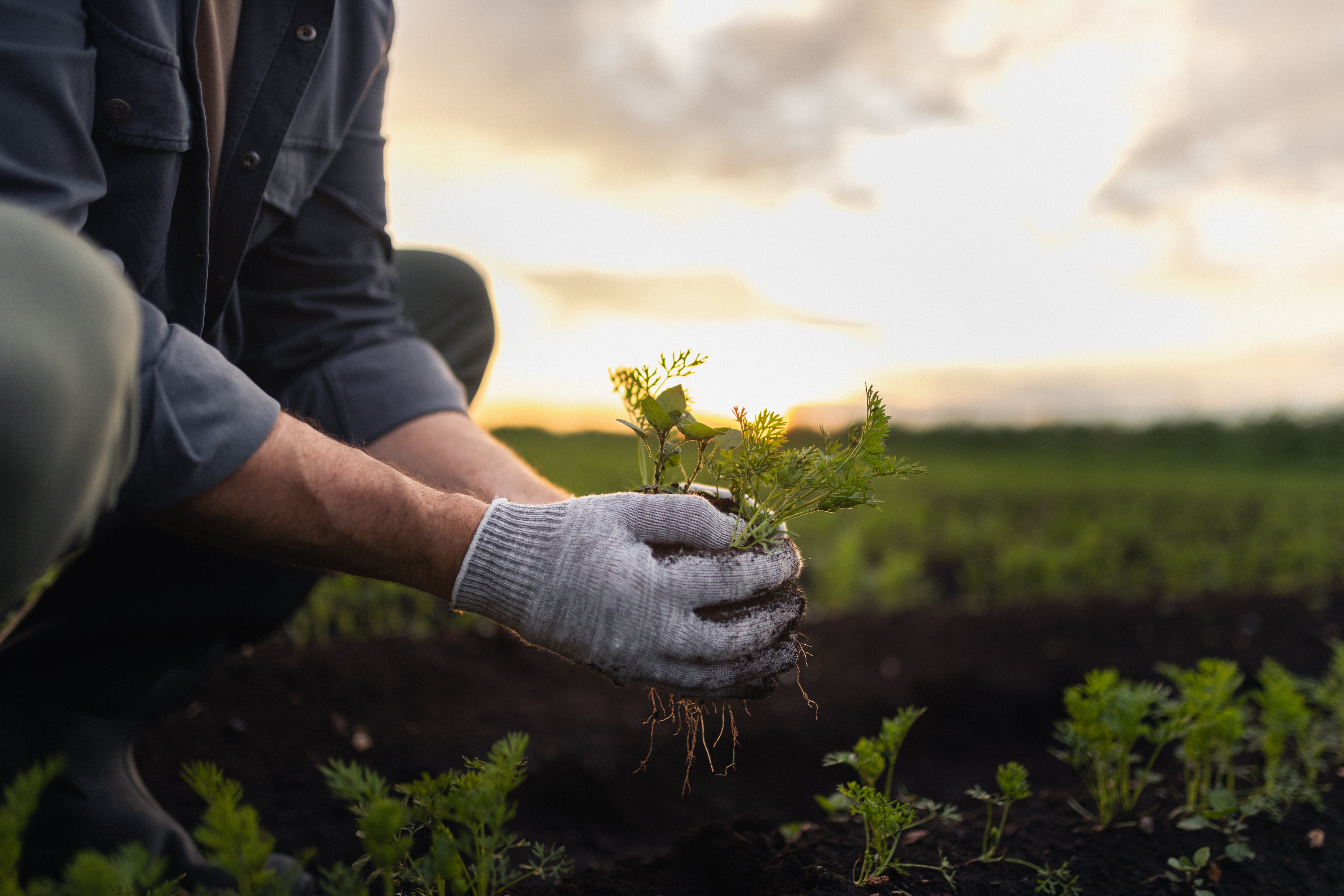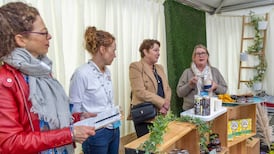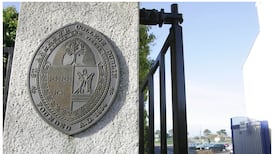As the State’s population and economy continue to expand, experts warn that water constraints could hit growth. Investment and new infrastructure may offer solutions but opposition to the new infrastructure projects remains strong.
The Greater Dublin Area is now in real danger of facing water shortages, with a proposal to take water from the Shannon meeting stern opposition in the Midwest region. Other urban centres also face water and wastewater challenges. How can the country provide the safe, clean supplies required by its people and businesses? Could water prove as damaging to Ireland’s future economic growth prospects as power shortages?

“As Ireland’s economy expands, so too does demand for reliable water and wastewater infrastructure,” says Martin Corkery, department manager, sustainability and renewable energy team, Enterprise Ireland. “From pharmaceuticals to food production, and from housing to high-tech manufacturing, water is a foundational resource – and its availability is increasingly part of the conversation among investors, policymakers, and enterprise leaders.
“Strategic investment is already underway, with Uisce Éireann committing €16.9 billion to upgrade and expand systems nationwide,” says Corkery. “Enterprise Ireland is also playing a pivotal role, supporting a growing cluster of innovative companies that are developing technologies to improve water efficiency, recycling, and monitoring – solutions that are not only helping at home but are also being exported to global markets like the UK, where Irish firms are leading in the AMP8 [Asset Management Period 8] £100 billion plus infrastructure programme.”
READ MORE
AMP8 is a five-year infrastructural investment funding cycle for English and Welsh water companies overseen by the UK regulator Ofwat.

“There is a high risk of water shortages in Ireland over the next decade,” says Jer Keohane, lecturer in civil and environmental engineering, South East Technological University (SETU). “The Dublin water supply is on a knife edge. There are also regional issues with insufficient capacity regularly quoted as a reason why a supply cannot be provided by Uisce Éireann to a proposed development.
“Several group water schemes, who supply populations in rural areas, rely on supplementary water during dry spells. Furthermore, the treatment requirements are becoming more onerous, with increasingly tighter drinking water quality requirements having an impact on the feasibility of new sources.”
Per capita consumption is about 133 litres per day, so any population growth increases demand, explains Keohane. “Of this, we drink less than 5 per cent. The rest is used for flushing, showers and washing, but all of it is treated to drinking water standard. Almost a third is lost through leaks.”
There are nearly 200,000 private wells in Ireland serving nearly 800,000 people that are, for the most part, unregulated by drinking water legislation. The lack of an extensive public water supply network means that future rural housing will be dependent on more private water supplies, where a connection to a group water scheme is not available.
Sectors most vulnerable to water constraints such as life sciences, food and drink and manufacturing are also among Ireland’s most valuable, says Corkery. “Ensuring these industries have access to high-quality water services is essential to maintaining Ireland’s reputation as a reliable place to do business. Water availability is now a key factor in site selection and investment planning.
“Upcoming cost increases in water and wastewater services are expected, but they reflect a shift toward quality, sustainability, and resilience. These investments also open opportunities – particularly in wastewater valorisation, where Irish companies are exploring ways to convert waste into resources like biochar, heat, and carbon credits.”
The Shannon water supply project, proposed by Uisce Éireann, would involve abstracting water from the Parteen Basin and transporting it to Dublin and towns along the route via a 170km pipeline.
With an estimated cost of €1.3–€1.5 billion, it aims to secure Dublin’s supply well into the 2050s, relieving pressure on an overstretched system and providing resilience in the Midlands. Supporters say it offers the scale needed, but critics highlight environmental risks, strong local opposition, and argue alternatives such as leakage reduction, reservoirs or desalination should be prioritised.
Uisce Éireann has undertaken long-term studies using historical data and future predictions, early consultation with stakeholders, and will have to submit a planning application to An Coimisiún Pleanála, together with impact assessments, in accordance with planning and development legislation, and environmental and habitat protection legislation, says Keohane.
“They will have to defend this process in a public forum. The preliminary evidence suggests the abstraction is sustainable, taking a small fraction of the Shannon’s flow, and the new supply will relieve pressure not only for Dublin requirements, but will also alleviate pressures in the Midlands along the pipeline route.”
Keohane says improved source protection will reduce treatment costs, emphasising the need for a combination of technological innovation and nature-based solutions. He points to “the use of nature-based solutions such as re-wetting bogs and developing more wetlands to hold back water,” alongside “better ways of detecting leaks, fixing leaks through no dig methods, improved leak resilience using better materials for pipe works and fittings, increased instrumentation of networks to provide real-time monitoring, and more efficient AI supported interpretation of the data, to improve the hydraulic efficiency of current and future networks.”













